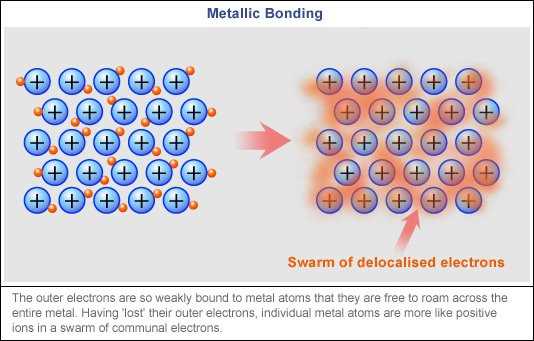Electrons in an atom do not actually revolve around the nucleus in the way that planets revolve around the sun. Instead, they exist in a cloud of probability, and their location can only be described by a wave function. This means that there is no definite way to know where an electron is at any given time.

However, the electrons in an atom are still attracted to the nucleus, and this attraction creates a force that keeps the electrons in orbit. If the electrons were to stop revolving, they would fall into the nucleus and the atom would collapse.
This would have a number of consequences. First, the atom would no longer be able to emit or absorb light. This is because light is emitted when electrons move from one energy level to another, and if the electrons are not moving, they cannot emit or absorb light.
Second, the atom would no longer be able to form chemical bonds. This is because chemical bonds are formed when electrons are shared between atoms, and if the electrons are not moving, they cannot be shared.
Third, the atom would no longer have any mass. This is because the mass of an atom is mostly due to the mass of the electrons, and if the electrons are not moving, they have no mass.
In short, if the electrons in an atom stopped revolving, the atom would collapse, it would no longer be able to emit or absorb light, it would no longer be able to form chemical bonds, and it would no longer have any mass.
Of course, this is not something that can actually happen. The electrons in an atom are constantly moving, and they are held in orbit by the attractive force of the nucleus. However, it is an interesting thought experiment to consider what would happen if they were to stop moving.